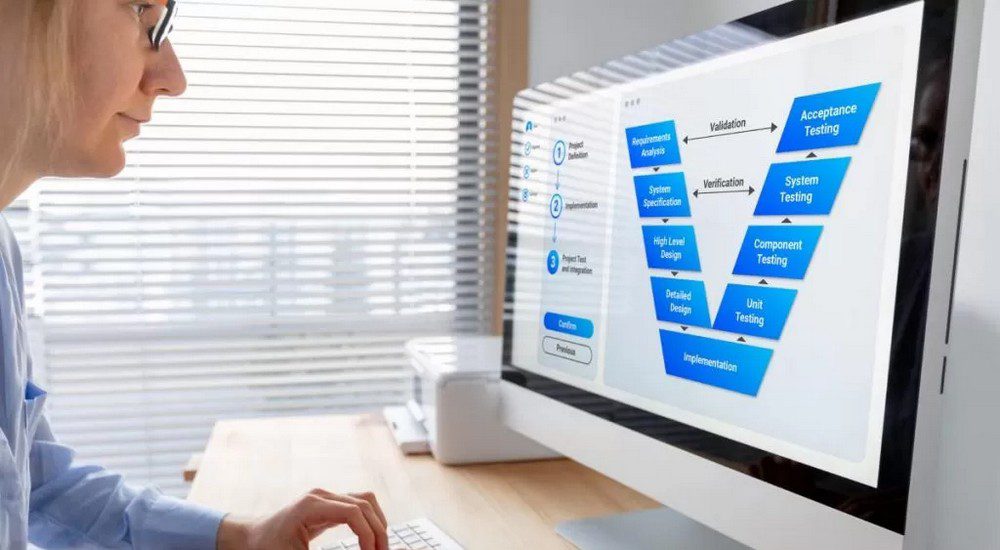Blog
Articles to grow your career
Article
QA Interview Questions: How to Ask and Answer Questions
In fact, during a QA tester interview, 50-60% of candidates fail when asked about their biggest failure. Many people do not admit their failures. I’ve got a feeling that many of them read books on how to be successful and believe that all stories are built on a sequence of successful test cases. But this is not how it works. The only people who never makes mistakes – people who do nothing.
I encourage everyone to be honest and direct when talking about their failures. Do not try to change the subject, shift responsibility on co-workers, circumstances, or phases of the moon. If a person talks well about their failures, for example, how they analyze them using the “5 Why” technique or the Ishikawa Diagram, figured out the causes of the errors and eliminated them, what they did to prevent the problem from recurring – this will help you. If someone asked you this question you should be sincere. That’s the key to success.
QA Interview Questions
What to ask interviewers?
Well, my advice is to ask questions related to the work, not something abstract. For example, a person interviews for the position of a manual testing specialist, and asks if they apply automation or load testing in the company, what prospects of becoming a Team Leader are there, even though they are only a Junior.
Do you want to join us?
Leave an application and get a free consultation from our manager.
- Help in choosing a direction
- Course consultation
- Additional materials for the start
Ask what is most relevant to the workload in the future company: how the probation period will pass, what the tasks will be, how to understand whether you have passed the probation period or not, whether there is a KPI. You can immediately ask a counter-question about the negative aspects of working in the company, about failures as this is an important question for both parties. If I am the interviewer, I sincerely tell if there are problems, an unsettled process, or little automation. I speak directly and do not pursue the goal of luring a specialist to me by any means. People make mistakes, and this happens in a company too.




